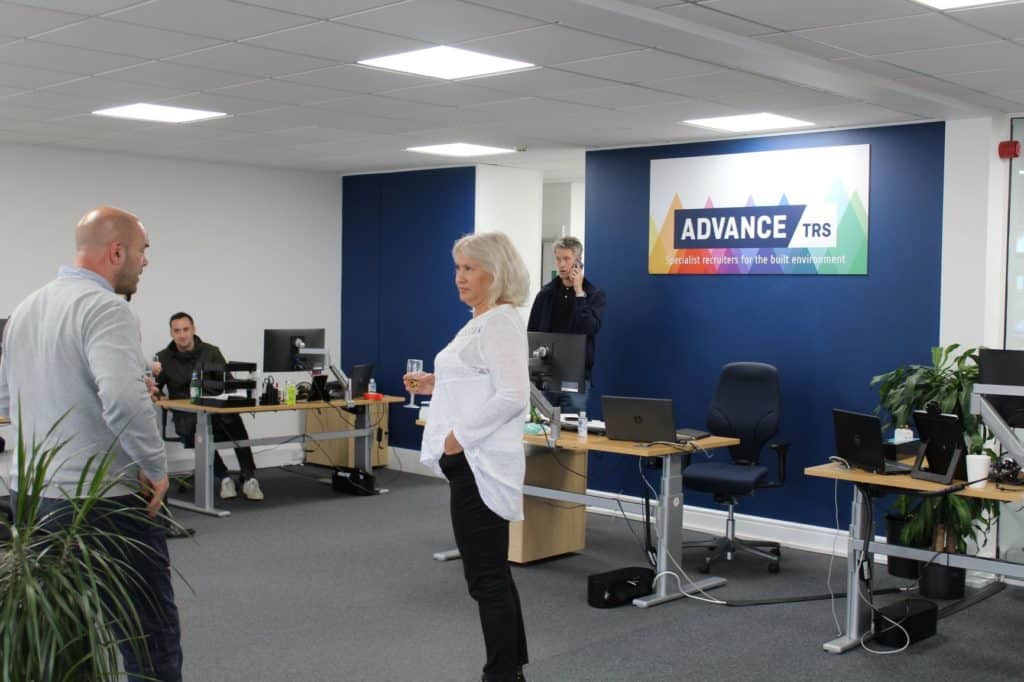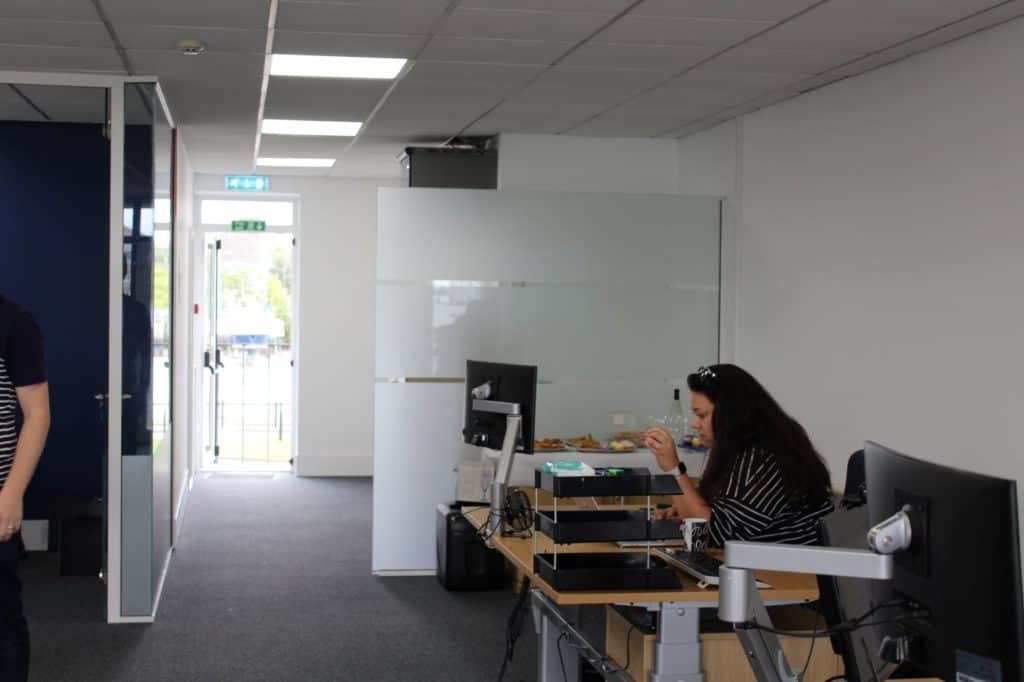Are you feeling fed up with your job search? Are you feeling stressed and wanting to just give up? Is your job search affecting your mental health? Searching for a new job can be both mentally and emotionally draining. We’ve put together these tips on how to look after your mental health during this period.
Be selective
Whether you’re looking for a job full-time or doing this alongside a current position, avoid just thoughtlessly applying to every job you see. Targeting your search and focusing on the quality of your application can improve your chances of success. Hiring managers can tell the difference between someone just applying for the sake of it, to someone really wanting the job. If you have put time, effort, and passion into your application this will show.
Finding a new job doesn’t happen overnight, so applying to loads of jobs and not getting a response can leave you feeling discouraged.
Rather than waste your energy on jobs you don’t really want, try to find something that will work for you in the long run.
Take a break
It can be easy to get lost in hours and hours of job searching! That could be searching for vacancies, completing applications, amending your CV or writing cover letters. If you’re applying for a job full-time, make sure you set yourself a schedule and take regular breaks. Don’t put too much pressure on yourself to be job searching all day long. Get some fresh air, exercise, and regularly eat healthy snacks and meals to keep your energy levels up.
Why not set up job alerts so that relevant roles go straight to your inbox? This streamlines some of the searching process and saves you time.
Positive Targets
It’s natural for job searching to feel negative, especially when you get rejection emails or even no response at all. This can lower your confidence and leave you feeling low, so find ways to give yourself a boost. It’s so important to not let your job search affect your mental health.
Each day, set yourself three tasks you wish to accomplish. Each time you tick off a task it will give you a sense of achievement. No matter how big or small, celebrate your wins!
Ask for help
Taking on this burden can be a lot for one person to manage and lead to feelings of loneliness. Why not enlist the help of a recruitment agency? An agency like Advance TRS will have a vast network of clients looking for staff, with some vacancies exclusive to that agency.
Our recruitment consultants have a strong understanding of the employer and jobs they are recruiting for, business culture and values. It is their job to work with you and align your ambitions, personality, and suitability.
Contacts Us
Searching for a job within the built environment? Having successfully placed hundreds of skilled candidates into major organisations at all levels, Advance TRS are best placed to find your next role.
Upload your CV and register an account with us to receive the following benefits:
- Upload and manage multiple CVs
- Set up personalised job alerts
- Shortlist your favourite jobs
- View your applications
- Access to additional resources to support your job search
- Work with our dedicated and experienced consultants




